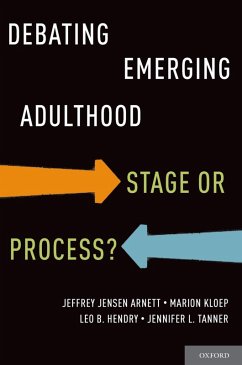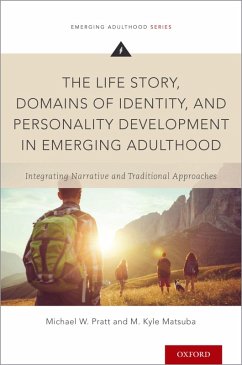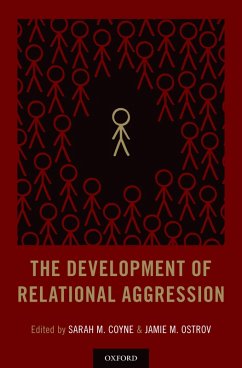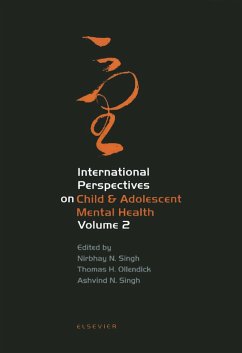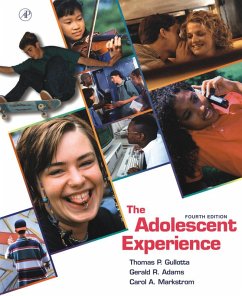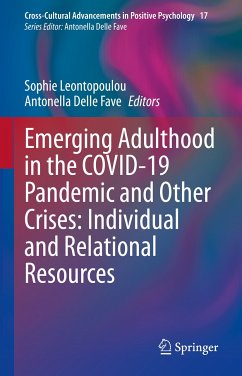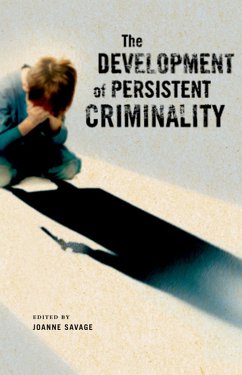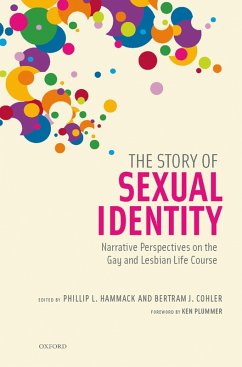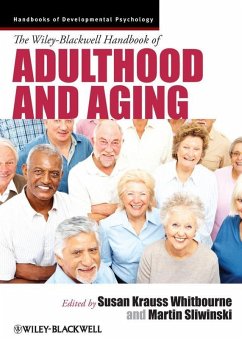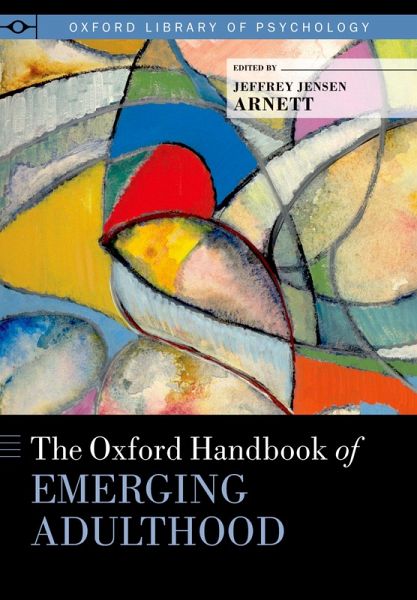
The Oxford Handbook of Emerging Adulthood (eBook, PDF)
Versandkostenfrei!
Sofort per Download lieferbar
173,95 €
inkl. MwSt.
Weitere Ausgaben:

PAYBACK Punkte
87 °P sammeln!
In recent decades, the lives of people in their late teens and twenties have changed so dramatically that a new stage of life has developed. In an original paper published in 2000, Jeffrey Jensen Arnett identified this period, coining it "emerging adulthood," and he distinguished it from both the adolescence that precedes it and the young adulthood that comes in its wake. His new paradigm received a surge of scholarly attention after his first book on the topic launched the field, and both a flourishing society and journal developed to further expand this area of research. Studies and publicat...
In recent decades, the lives of people in their late teens and twenties have changed so dramatically that a new stage of life has developed. In an original paper published in 2000, Jeffrey Jensen Arnett identified this period, coining it "emerging adulthood," and he distinguished it from both the adolescence that precedes it and the young adulthood that comes in its wake. His new paradigm received a surge of scholarly attention after his first book on the topic launched the field, and both a flourishing society and journal developed to further expand this area of research. Studies and publications on emerging adulthood now abound, and the leading research has yet to be organized into a single handbook that covers the field. The Oxford Handbook of Emerging Adulthood is the first and only comprehensive compilation spanning the field of emerging adulthood. Expertly edited by Arnett, this Handbook is comprised of cutting-edge chapters written by leading scholars in developmental psychology. Topics include theoretical perspectives and structural influences in the field; cognitive development during emerging adulthood; family, friendship, and romantic relationships; sexual identity and orientation; education and work; leisure and media use; mental health; religious and political beliefs; positive development; and substance abuse and crime, to name a few. Sure to be the definitive resource for researchers, scholars, and students studying emerging adulthood, this Handbook will pave the way for new scholarship in this expanding area of inquiry and serve as an excellent resource for the wider field of developmental psychology.
Dieser Download kann aus rechtlichen Gründen nur mit Rechnungsadresse in A, B, BG, CY, CZ, D, DK, EW, E, FIN, F, GR, HR, H, IRL, I, LT, L, LR, M, NL, PL, P, R, S, SLO, SK ausgeliefert werden.




